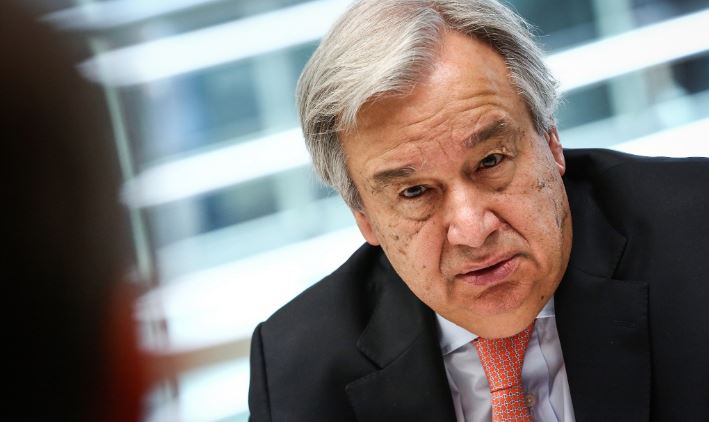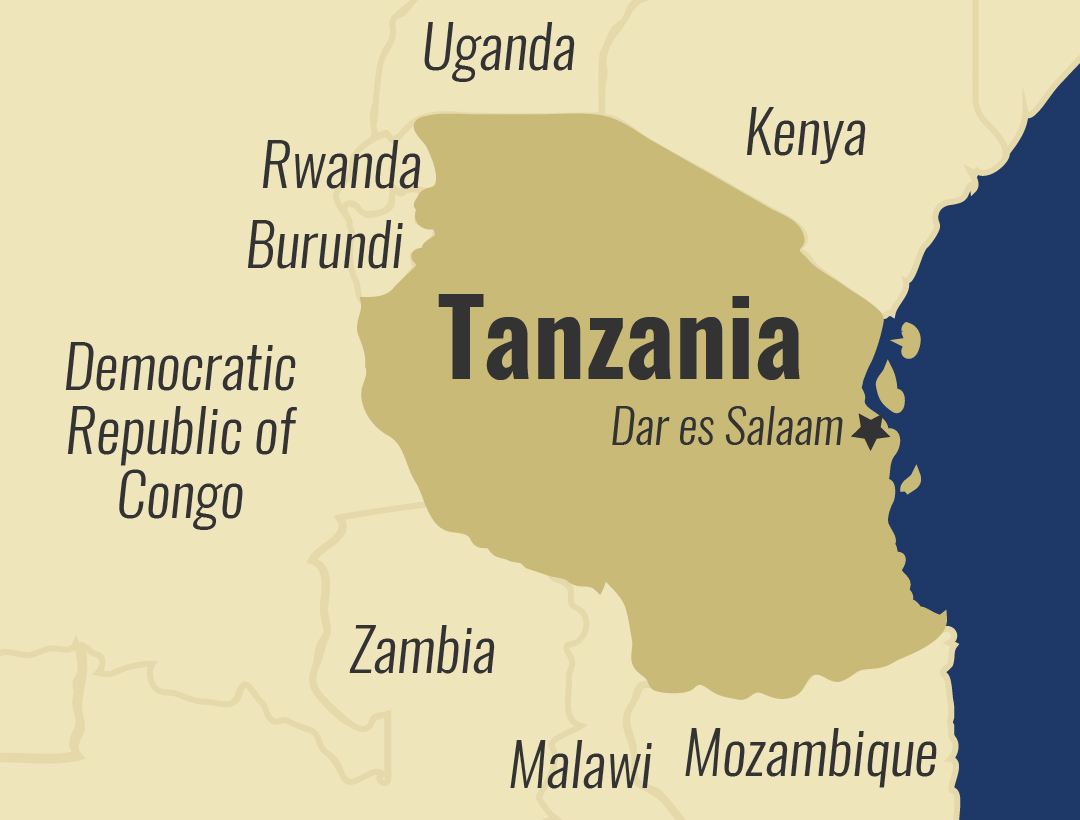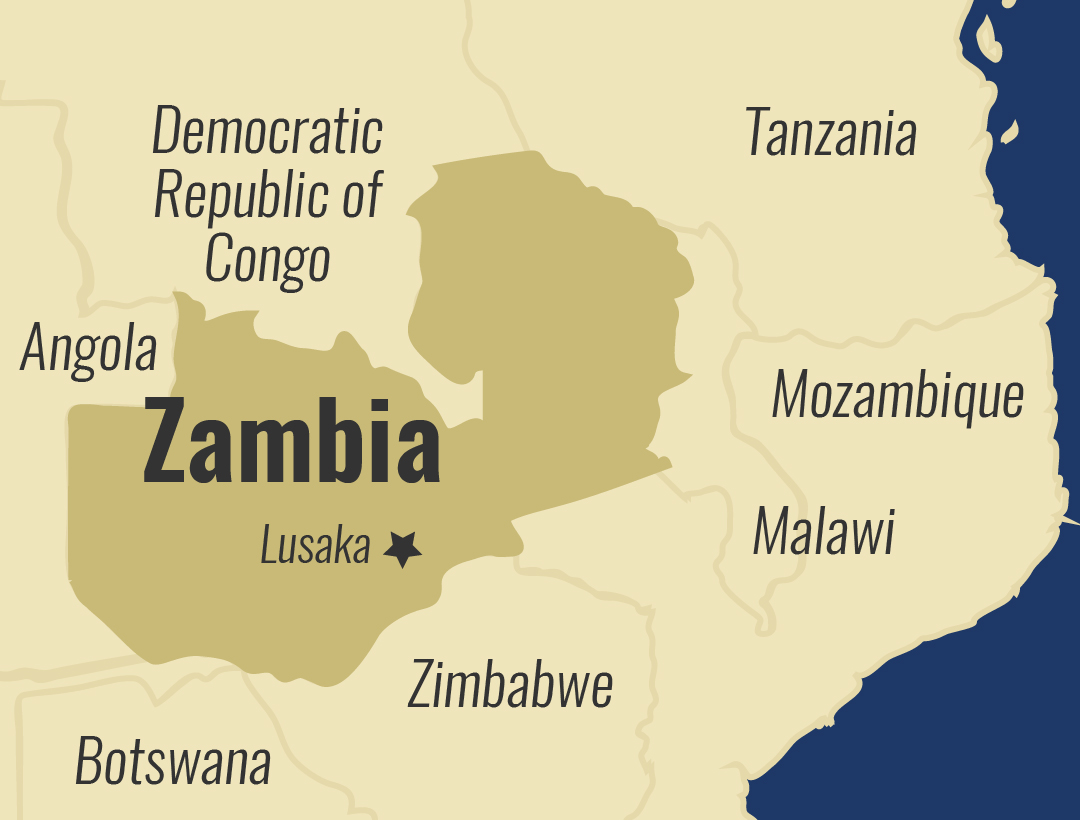
COVID-19 risks amplifying insecurity: UN Chief

The COVID-19 pandemic risks amplifying insecurity across the globe as various groups seek to take advantage of the uncertainty brought by the crisis, United Nations Secretary-General Antonio Guterres told the Security Council on Thursday.
Guterres remarks came following the Council’s passage on Wednesday of resolution 2532 (2020), which demands a general and immediate cessation of hostilities in all situations on its agenda.
He said terrorist and violent extremist groups see the uncertainty created by the pandemic as a tactical advantage. In Somalia, there is a risk that Islamist extremist group Al-Shabaab, could increase its attacks while security forces, by necessity, focus on the pandemic.
The UN also chief highlighted the repeated extensions of the deadline for completing the Juba peace process in Sudan’s restive Darfur region, due to the pandemic.
Guterres also lamented the disruptions the pandemic may pose to political processes in some countries.
He noted that some countries had gone ahead with plans to hold their elections scheduled for this year while managing the health crisis, but also pointed out that some sought to use the pandemic to delay elections.
In the Central African Republic for instance, the UN chief noted that attempts to use the pandemic as a pretext to postpone elections planned for year-end are creating tensions.
He urged the UN Security Council not to let the pandemic halt progress that has been made over the years, and pledged his support to the 15-member body’s response.
Sharing lessons for humanitarian response, he said international humanitarian law must be respected in order to protect civilians from pandemics.
He highlighted that countries where health services are destroyed stand little chance of fighting COVID-19.
As of Friday afternoon, the number of COVID-19 infections globally had surpassed 10.8 million, with the death toll exceeding 521,000.






